- Home
- slideshows
- miscellaneous
- Each year the government asks 10 simple questions to test the public's knowledge of science. Can you correctly answer them all?
Each year the government asks 10 simple questions to test the public's knowledge of science. Can you correctly answer them all?
Question 1:

The correct answer...
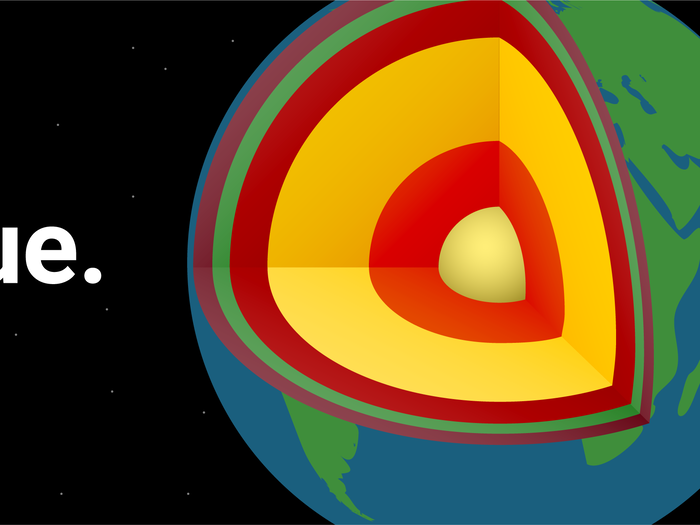
Scientists estimate that Earth's core is more than 10,000 degrees Fahrenheit — nearly the temperature found on the surface of the Sun.
How the US and other nations did:
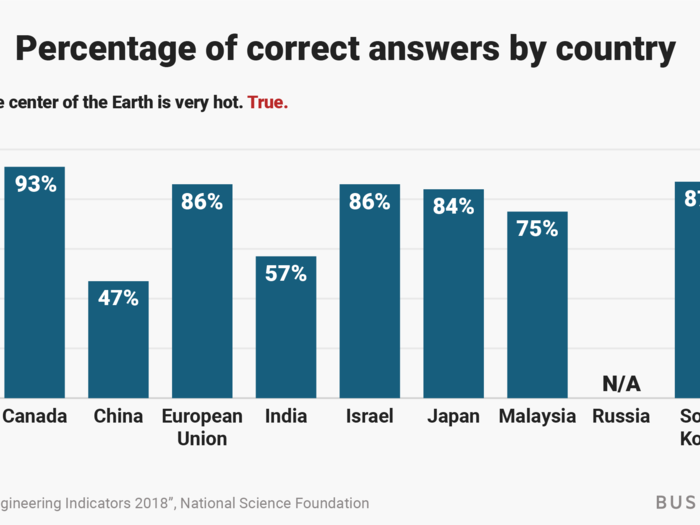
Question 2:
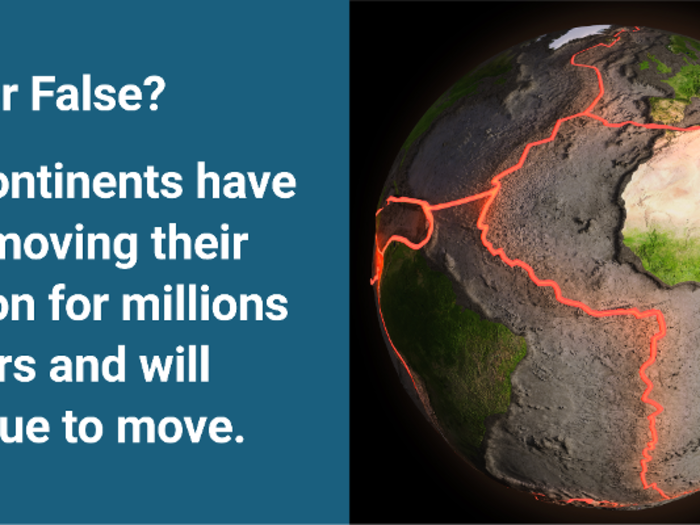
The correct answer...

Plate tectonics is the science of how continent-size slabs of crust form Earth's outermost layer and constantly move and regenerate. Most move less than a couple inches per year, according to Pacific Northwest Seismic Network, though the process may be essential to making a rocky planet habitable to life.
How the US and other nations did:

Question 3:
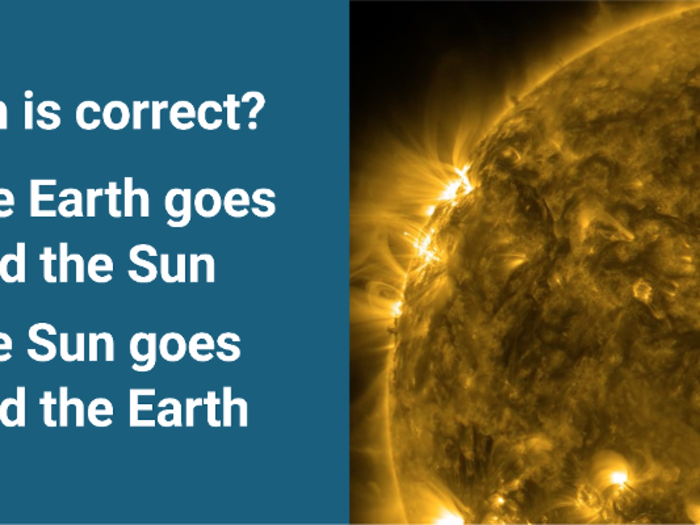
The correct answer...

We know this is true on a basic level because we can see the position of the stars change over time. The space age has also required us to intimately understand this fact — and acknowledge our puny existence in the cosmos via stunning pictures of Earth from afar.
How the US and other nations did:

Question 4:

The correct answer...

Natural radiation is everywhere, especially in space. Small amounts are present in soil, water, and vegetation. Even a portion of the potassium found in bananas is radioactive.
How the US and other nations did:

Question 5:

The correct answer...

Electrons are much less massive than the protons and neutrons that make up the cores of atoms.
How the US and other nations did:

Question 6:
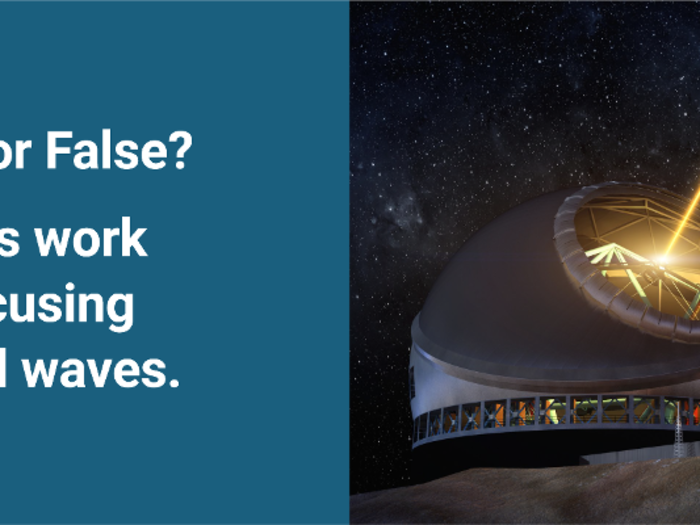
How the US and other nations did:

Question 7:
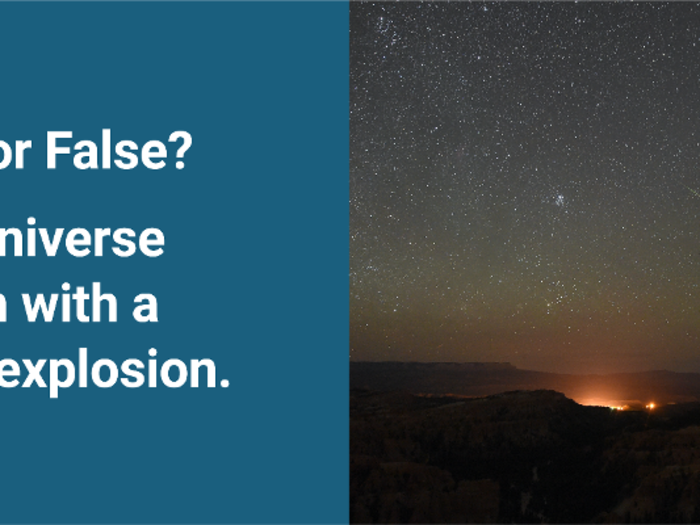
The correct answer...

This is the best theory that we have as to how the universe began: a point of infinite density at the beginning of the universe began to expand and created the galaxies, planets, and stars that we see — still in motion — today. People call this "the Big Bang," though it's not technically an explosion.
"For an explosion to occur, it requires per-existing space and the material will be distributed or scattered in that space. For example, a star explodes and distributes material in the space," Nabin Rijal, a PhD student in nuclear astrophysics Florida State University, wrote in an email to Business Insider. "The Big Bang is very different than that. It is the expansion of space itself. Materials (elementary particles-antiparticles) are created in the process of expansion. [...] So, calling it an explosion would be wrong."
How the US and other nations did:

Question 8:

The correct answer...

Sex is determined by two chromosomes, and sperm carries one of them: either an X (female) chromosome or a Y (male) chromosome. Whichever sperm makes it to the egg first to join an X chromosome in the mother's egg determines the baby's sex. (XX is a girl and XY is a boy, anatomically speaking.)
How the US and other nations did:

Question 9:

How the US and other nations did:

Question 10:
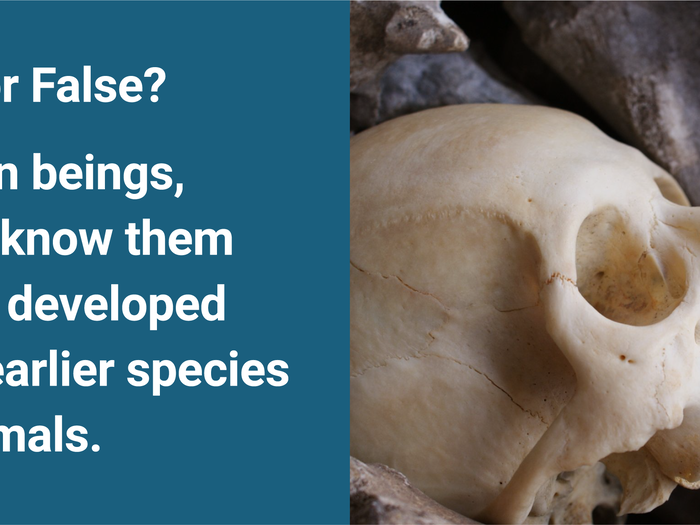
The correct answer...

Fossils in the ground, genetic studies, and other research over the past century has shown again and again that evolution not only gave rise to species like humans, but will continue to shape the forms of our descendants.
How the US and other nations did:

Here's how all 11 nations performed across all of the science questions.
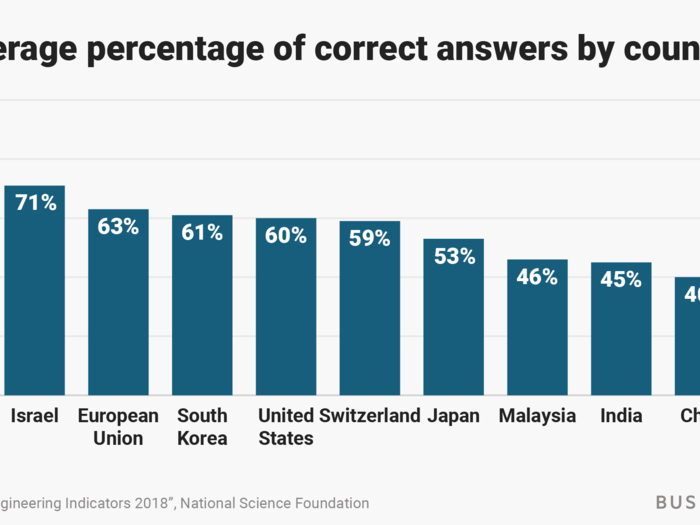
Countries didn't collect poll or report data on certain questions (i.e. "N/A") had those items excluded from the overall average.
From best to worst, the ranking for 2017 is: Canada, Israel, the EU, South Korea, the US, Switzerland, Japan, Malaysia, India, China, and Russia.
The US effectively got a D- average while the top country, Canada, got a C-.
Popular Right Now
Popular Keywords
Advertisement

